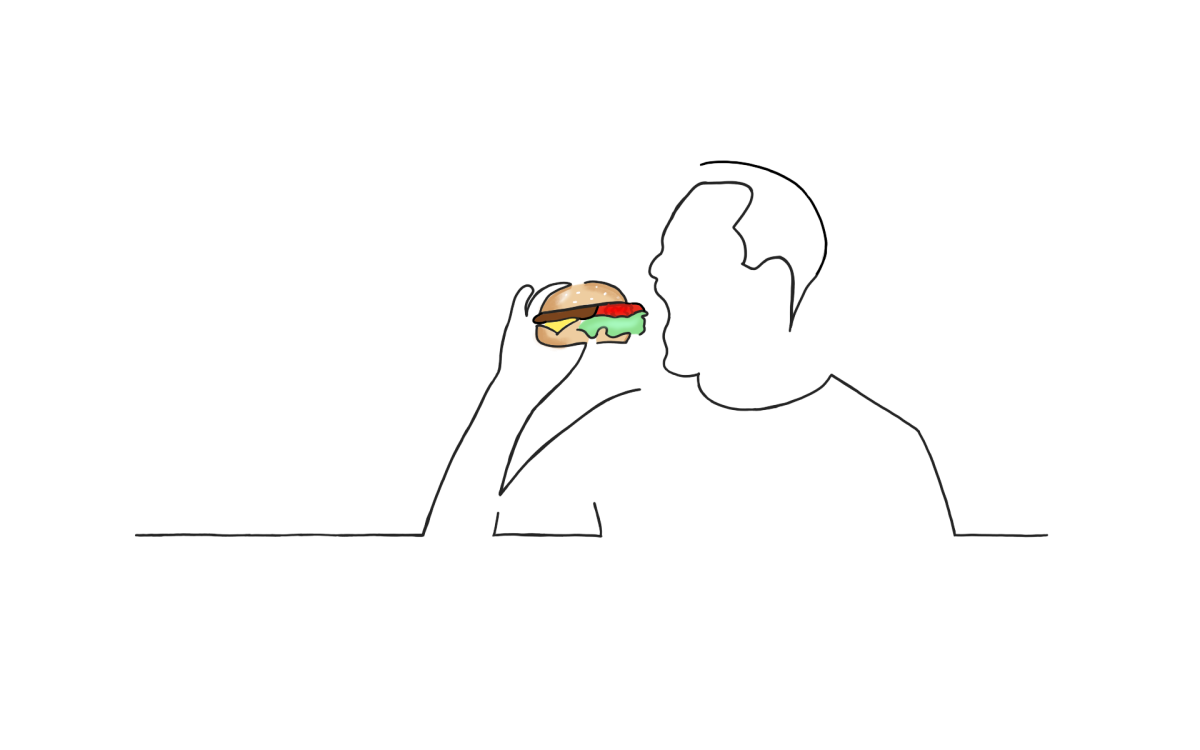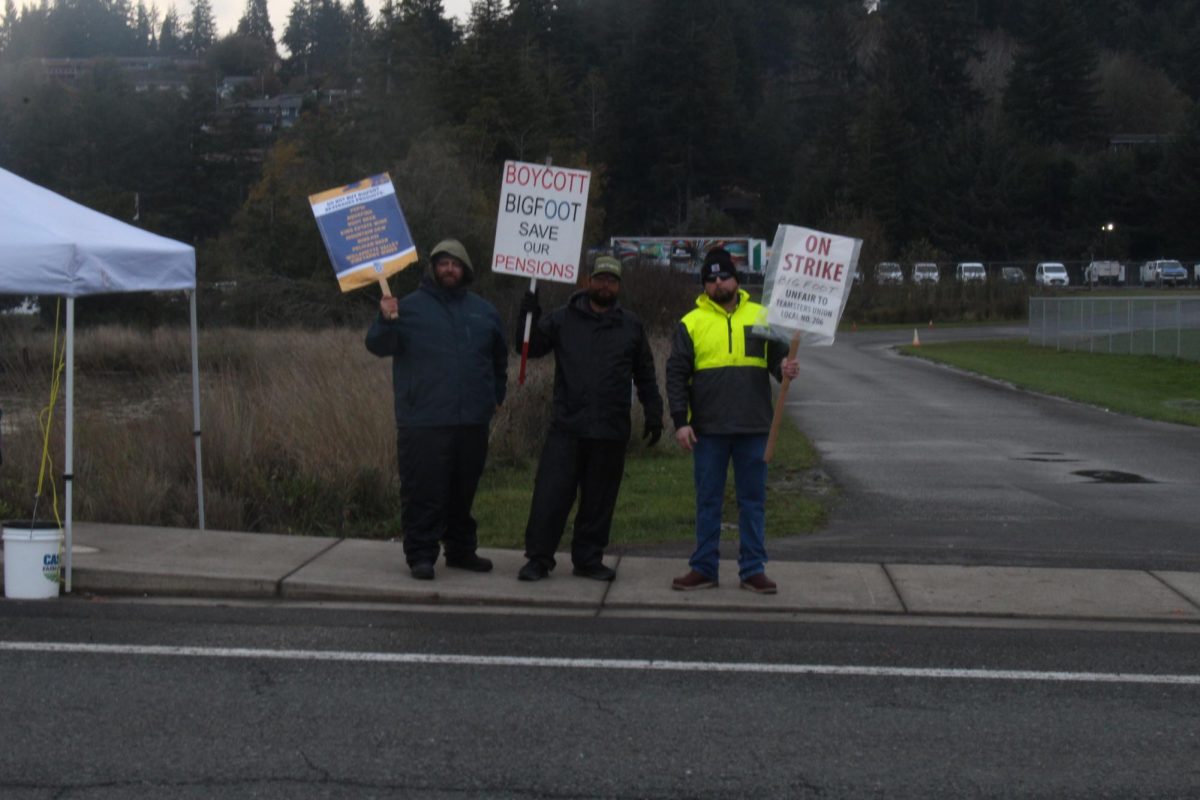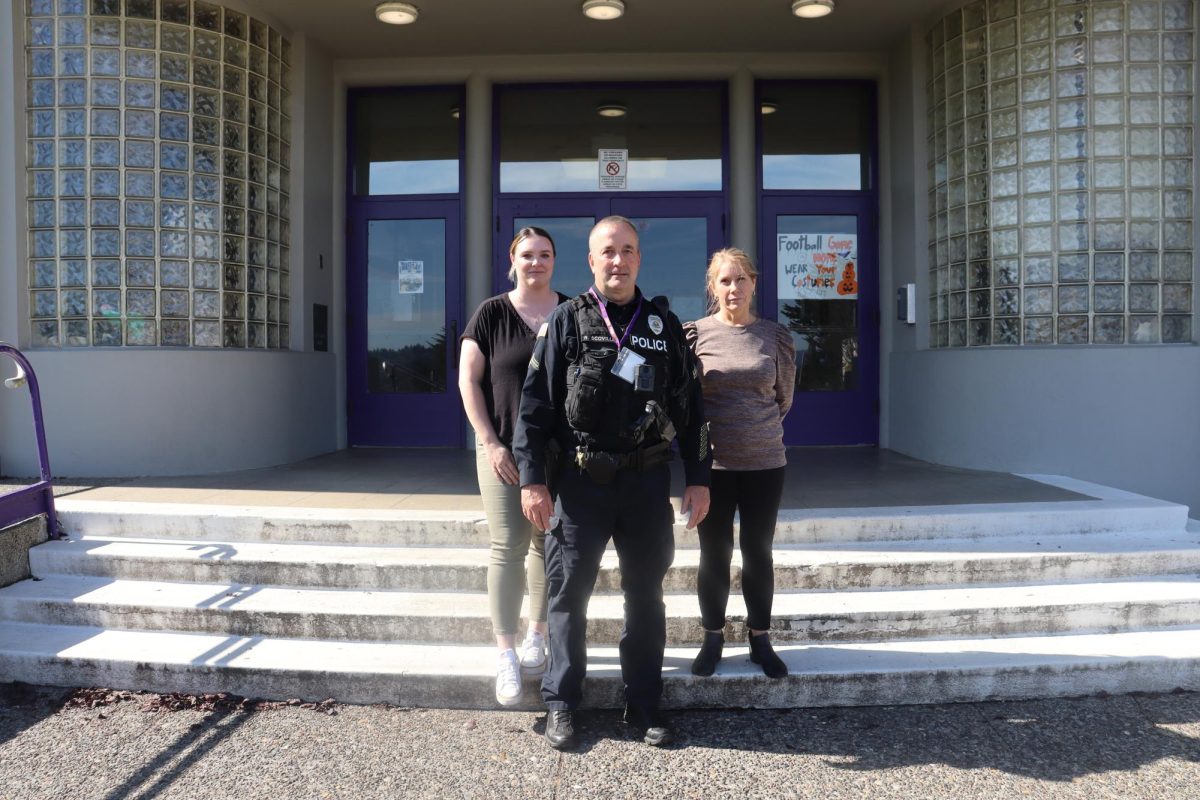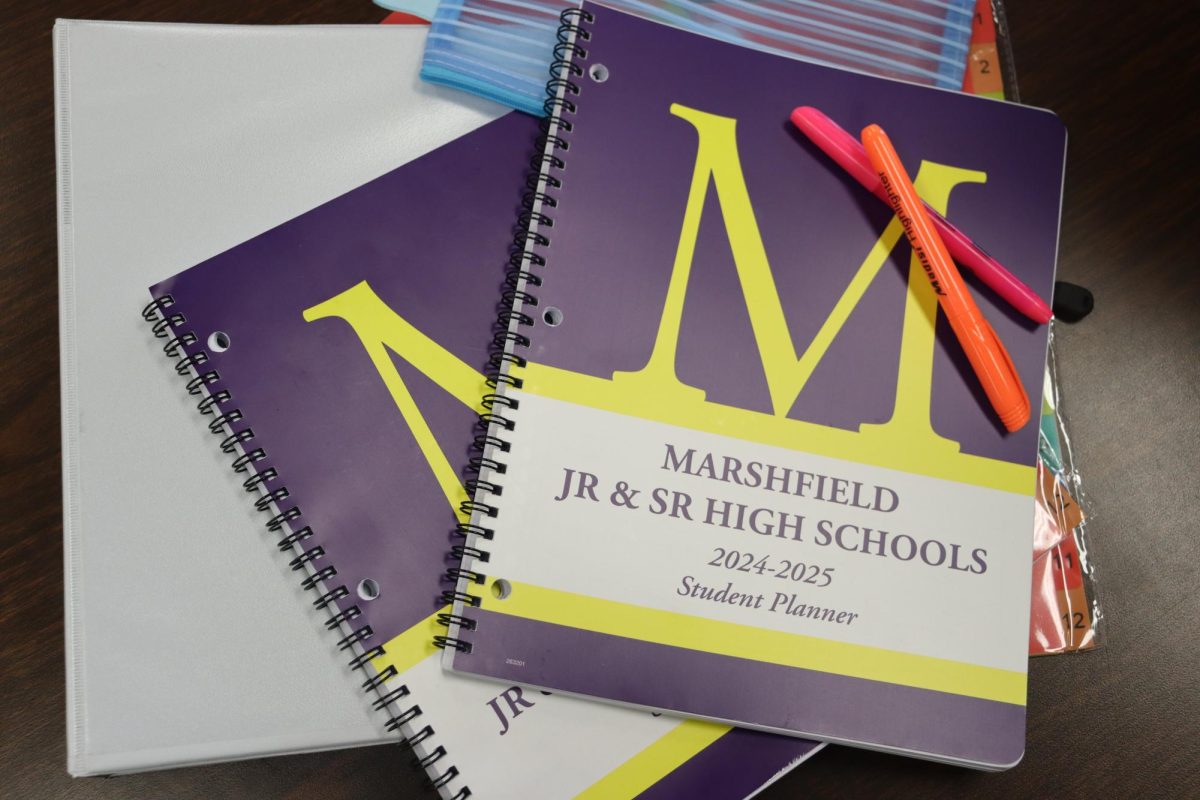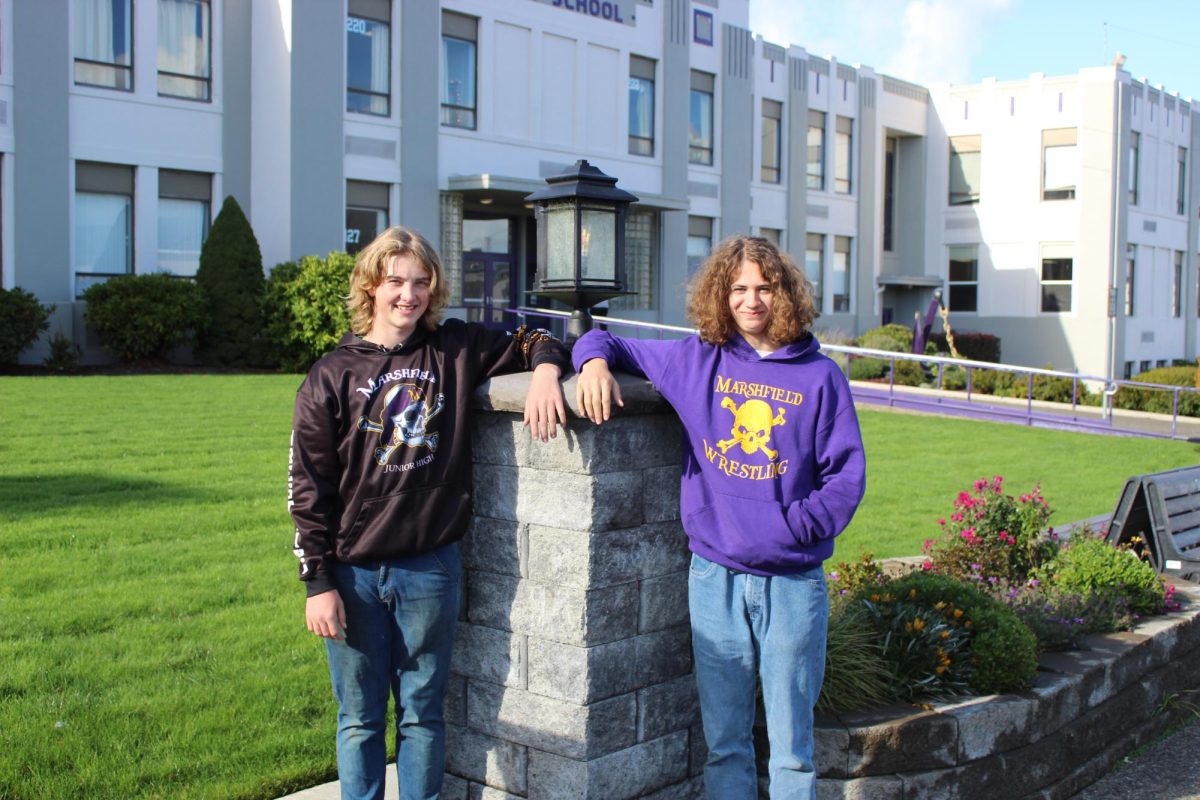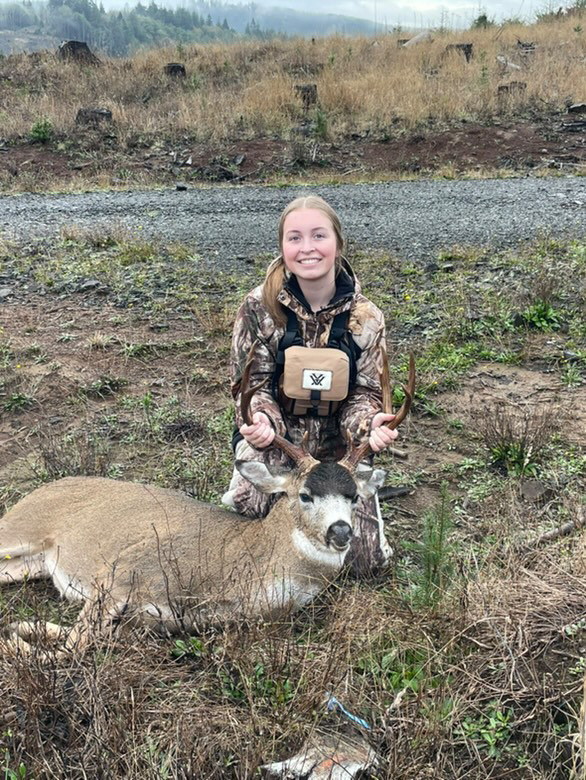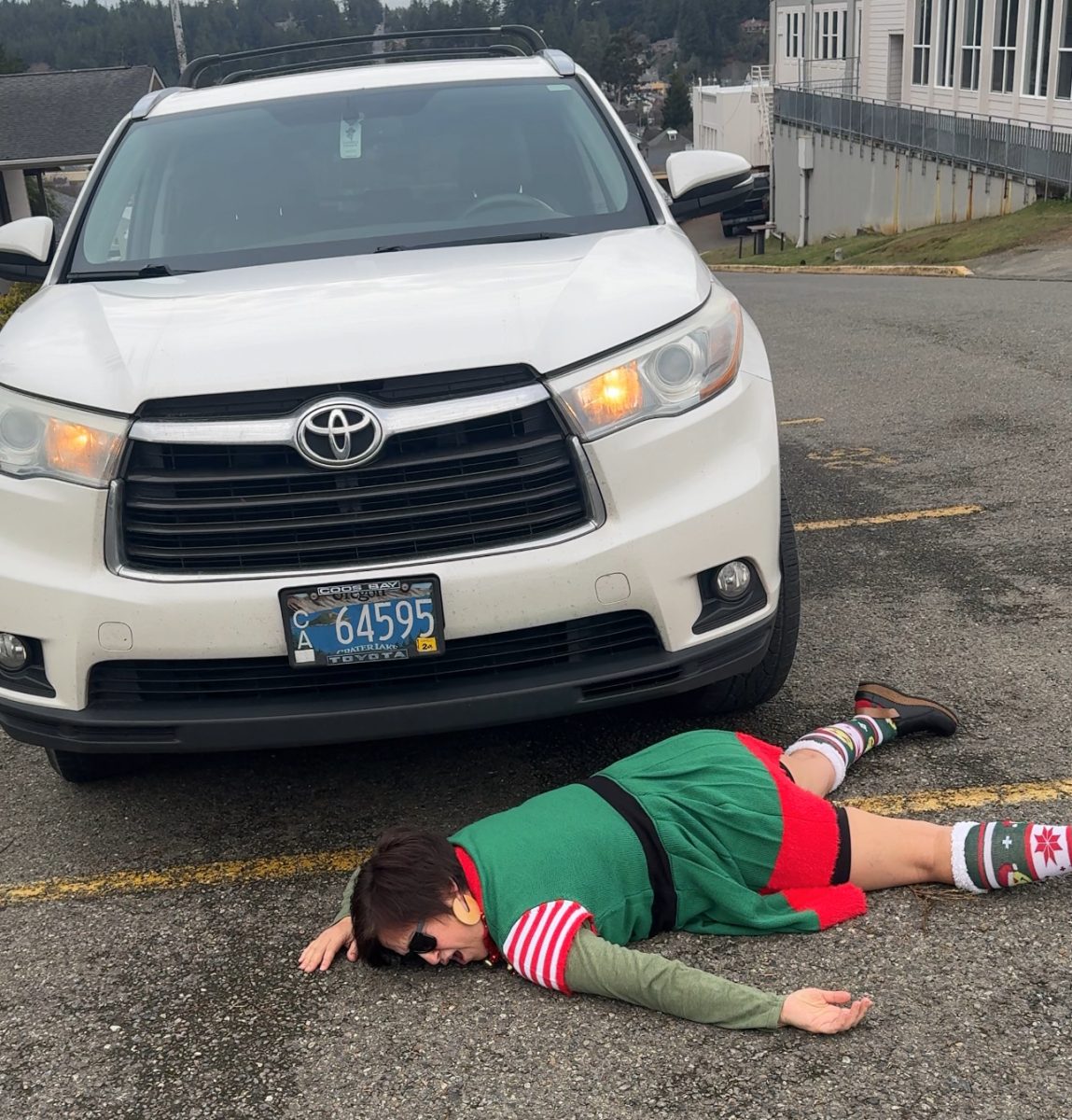During the holiday season, when the air is filled with joy, it becomes even more crucial to raise awareness about hunger. This is because the holidays tend to intensify stress levels, especially for individuals who find themselves trapped in the clutches of poverty.
“Imagine having your money stretched each month regularly, barely making enough to pay rent, eat, and make ends meet,” said Chris Baker, the legislative strategist for Partners for a Hunger-Free Oregon. “Now add the holidays into the mix. Imagine having a child and no money to afford gifts, let alone groceries or a Thanksgiving meal.”
Food insecurity has an unequal impact on various marginalized communities. It is disheartening to note that communities of color, who have already faced numerous systematic challenges, bear a disproportionate burden of this problem. Recent immigrants, who often face additional barriers accessing resources, are significantly affected by food insecurity. Families with children, and particularly households led by single parents, find themselves grappling with the uncertainty of where their next meal will come from. People with disabilities, the LGBTQIA+ community, and people in rural areas of Oregon are also greatly impacted by hunger.
For several decades, dedicated advocates have been diligently working towards the noble goal of expanding the budgeting of the Supplemental Nutrition Assistance Program benefits, while simultaneously attempting to enhance the flexibility of eligibility requirements. This concerted effort gained significant momentum in the 1990’s, when the issue of welfare reform became a highly politicized topic of discussion. It is of utmost importance to acknowledge that, although not without its imperfections, SNAP stands as the leader in our ongoing battle against hunger, serving as the crucial first line of defense for those in need.
One way the community can take action to help with hunger awareness is by volunteering. Ways to do so are helping out at a local food bank. Larger food banks receive money from the state to help them be part of a large network. Local, smaller food pantries don’t always get the same opportunities which is why it is important to donate money or food.
One major contributor to help fight hunger awareness is Albertsons and Safeway. In August 2023 they gave out a $48,000 grant for a program called “Fight Hunger, Serve Hope.” This program was set up during summer to help provide meals for students who relied on school lunches. Partners of Hunger-Free Oregon are working on a bill to help provide more of this opportunity but need help funding. One in four students rely on school meals for their own nutritional needs. Along with this, 40% of college students lack food along with other basic needs.
“I experienced food insecurity as a single parent, college student at the age of 36,” said Baker. “I know first hand what it’s like to have to drive back and forth to appointments with DHS, and food banks to try to secure resources to feed my family. Hunger can often be invisible. There are more people in your life that are food insecure than you may think.”
People make a change in our community today by donating their time, money, and compassion for others.
“The biggest way to make an impact on families living in poverty at any time of the year is to donate,” says Baker.
When an opportunity to help somebody in need arises, don’t hesitate. There are many opportunities to help raise those who are struggling. It may be as simple as giving extra change to the Salvation Army bucket or buying a McDonalds meal for the houseless person you see on the street.


